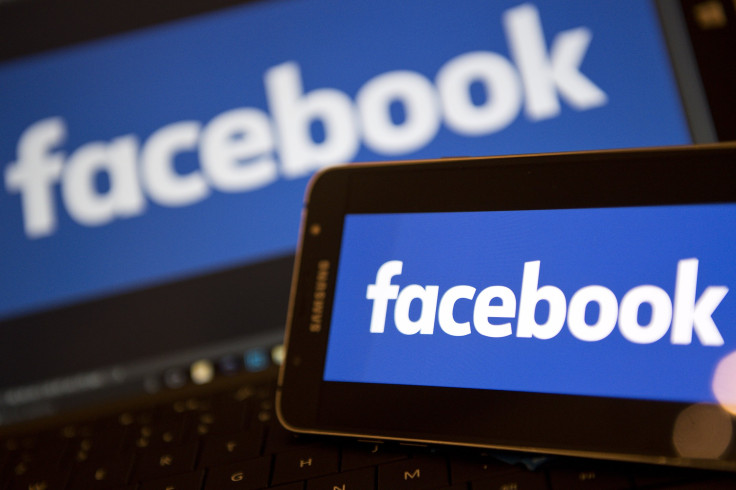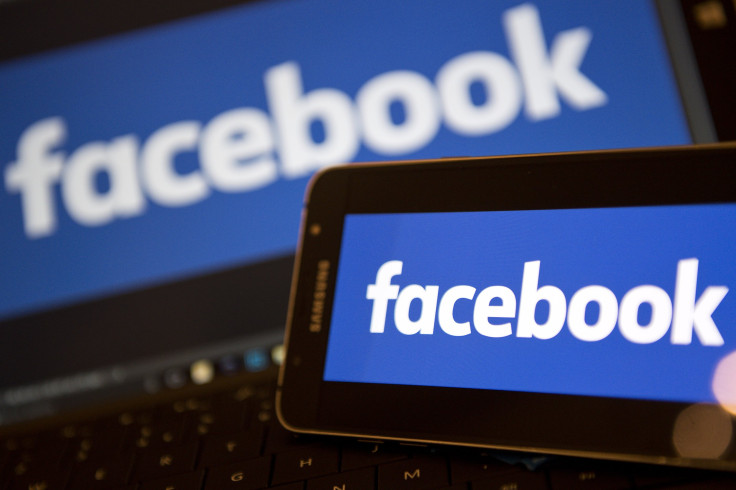Facebook Considering Paid Subscription Without Ads?

A popular, long-running Facebook spam post that users may have seen on their news feeds over the years could become a reality, Bloomberg reported. Citing “people familiar with the matter,” the Bloomberg report revealed that the popular social network is leaning towards introducing a paid subscription model that would remove advertisements.
Facebook is researching whether an ad-free, subscription-based version would bring in more people https://t.co/HJW10X1M9K pic.twitter.com/W2BzU2dkhH
— Bloomberg (@business) May 4, 2018
The possible service could not only mean the removal of ads but also a handful of special incentives to subscribers. The free version of the site could theoretically remain as it is now — a news feed littered with targeted ads based on user data.
The plan appears to still be in the preliminary stages, with market research gauging how the general populace would feel about such a feature before moving forward with the idea. The idea has been floated around in the past, but never came to fruition.
In June 2015, New York Times contributing opinion writer Zeynep Tufekci posited that "if even a quarter of Facebook’s 1.5 billion users were willing to pay $1 per month in return for not being tracked or targeted based on their data, that would yield more than $4 billion per year — surely a number worth considering."
Bloomberg’s sources suggested there was more of an internal push towards the concept this time around due to the recent data controversy.
The data-leaking scandal, which just this week put election data firm Cambridge Analytica out of business, has increased debate about privacy issues surrounding social media.
Users who leave Facebook cite constant ads as a reason for doing so, according to the Bloomberg report. A strong dip in subscriptions could force the company to seek alternative measures.
Facebook drew $41 billion in revenue and $16 billion in profit last year.

Facebook founder and CEO Mark Zuckerberg seemed quite aware of the possibility of a subscription-based model to alleviate privacy worries when he appeared before Congress in April. When asked by Sen. Orrin Hatch of Utah whether Facebook would always be free, Zuckerberg used specific language.
“There will always be a version of Facebook that is free,” he said.
© Copyright IBTimes 2024. All rights reserved.





















